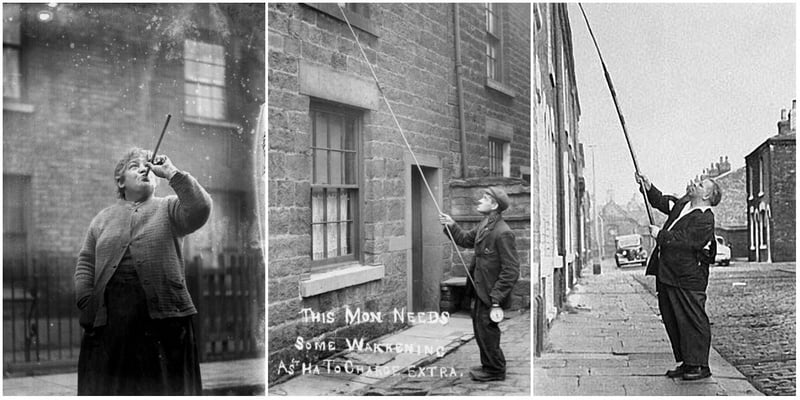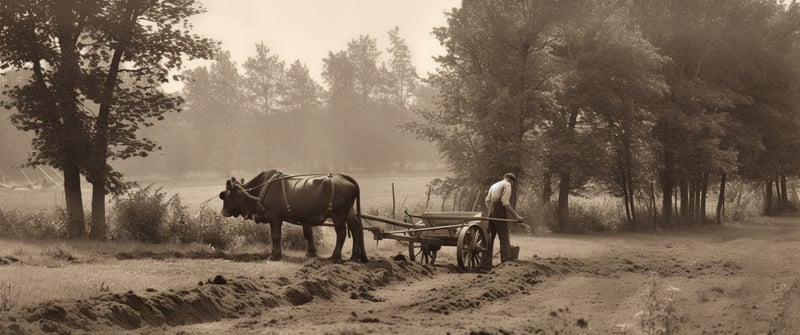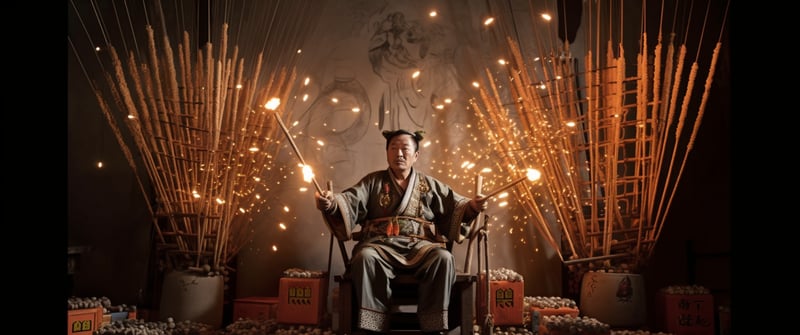The ticking clock
Seven years ago, a co-worker and I were walking to lunch in our small town of Charlottesville, Virginia. To our surprise, we realized we had passed three digital agencies on our short stroll. Web developers are everywhere — and for good reason. It’s nearly impossible to run a business without a digital presence. The world needs our “product.”
Yet at that moment, I remember saying:
Too many people are getting paid too much for this industry to go on without disruption. The target on our backs is too big.
That moment, seven years ago, was the beginning of a career change for me. I realized that the clock was ticking on my toolset being “special.” It wasn’t long after that walk with my co-worker that I left the agency I was working for to take a stab at building a business of my own — before the clock ran out on my abilities being “special.”
As software engineers, we have long enjoyed being a necessity in nearly every start-up. Famously, many start-up incubators require one of the founders to be an engineer, and often the first big hiring wave of a growing business is... engineers. Meanwhile, developer salaries have ballooned — I know one self-taught engineer making $600k/year. Again, the target on our backs is massive.
The match
I thought the impending engineering disruption would come from increasingly powerful SaaS products like Squarespace, WebFlow, or no-code. The day GitHub co-pilot was released, I realized I was wrong. The disruption would come from AI. I told our team that first day:
I may or may not use co-pilot (of course, I ended up using it), but I really believe this is the beginning of the end of our industry.
My time horizon for that statement was denominated in decades. Perhaps, I thought, in 20 years, the world will require 50% fewer engineers.
I was off by a factor of ten.
The legacy of replacement
Jobs have been changing for centuries. Some jobs become obsolete while new jobs are created in their wake. The industrial revolution eliminated scores of jobs but also created many new ones. Factory shift work was born. Suddenly it became essential to get to work on time — so a new job was born, the window “knocker-upper.” This person would simply knock on your window to wake you up in the morning. Eventually, this new role was itself replaced by the alarm clock.
Before phototypesetting, printing press plates were manually assembled by a “compositor” — a job made entirely obsolete by newer technology (it lives on in our digital jargon). More recently, digital photography caused massive disruption to the film industry. It wasn’t that long ago that every Walmart had a darkroom technician, Kodak was a household name, and polaroids were convenient — not hipster.
The dawn of digital photography was a warning shot across the bow of the film industry. Adapt or die. Most died. I imagine the scuttlebutt in their hallways sounded a lot like developer Twitter does today, “digital cameras just can’t x” — a desperate and combative search for relevance in the face of unrelenting market efficiency.
New roles and old ones?
It’s not all doom and gloom, though. Prompt engineer, data researcher, cybernetically enhanced humanoid software engineer, farmer — the jobs we have in the future may not yet exist, or they may be a resurgence of jobs as old as time. One thing is certain, though, new jobs will emerge — the challenge of knowing exactly where is an n-body problem — no one can accurately predict it.
In 2007 when the iPhone was announced, it was impossible to predict that it would directly lead to thousands of people picking up food from local restaurants for delivery, letting strangers sleep in our homes, or causing scores of people to run around New York City trying to catch Pokémon.
Although AI doomsayers love to tell us how “this time it’s different,” — don’t believe the lie; nothing is new under the sun; it’s always just a different shade of the same thing. Instead, we should be aware that these changes will come, so don’t let emerging opportunities escape your grasp. If you cover your ears and close your eyes progress will march on despite your resistance.
How far is that horizon?
If you are an engineer reading this, your emotions will fall into one of three categories:
- Optimism. You’re excited. You see opportunity around every corner, and this is a big corner.
- Denial. You’ve seen ChatGPT make mistakes. It doesn’t even know basic math. Your job is safe. All this hype is just that, hype.
- Concern. You’re not sure what the future holds, but you know things are going to change. You’re grappling to understand how you fit into the unfolding future.
The truth is we don’t know how far we are from a future that causes a dramatic shift in engineering labor. ChatGPT cannot entirely replace a human engineer on any single metric today. It does not — at present — possess the capability for unique critical thinking. However, five years ago, if asked, most engineers would have said their jobs would be one of the last to rest on the chopping block. Now we can all (even the deniers) envision a future where AI can do our jobs.
How far are we from that vision becoming a reality? In 2000 BCE Wan Hu imagined going to the moon — he could do it by the end of the day, probably. He strapped 47 rockets to his chair in what was history’s first attempted moon landing. Humanity’s imagination and capability were separated by 4,000 years.
It is possible that ChatGPT has merely given us the ability to imagine a world where AIs replace engineers — but the capability to actually do so might still be a long-distant future.
Alternatively, we might be window knocker-uppers in the age of alarm clocks.
What will I do?
From a career standpoint — my work still matters. I’m still “better” than the AI — and you are too — but I know I’m going to be keeping an eye out for where things are heading more than I have ever done before. What new tools can be created with this technology? What opportunities are opening up that didn’t previously exist? What new jobs will be created? What am I truly great at? How can I bring unique value into the world? What is my plan if the coming disruption leaves me out?
How about you? Do you think of yourself as someone who codes because you’ve learned the syntactic shibboleths to get a computer to do what you want? Or are you someone who codes to solve problems? Engineering is solving problems. As AI assistance becomes AI creation, our tools to solve problems will change — if you’re a syntax machine you will be replaced by a more efficient syntax machine. If you are a problem solver, you’ll be a more efficient problem solver — at least for now.
On a personal level — I’m more inspired than ever to be great at the things AI can never do — be a nurturing father to my kids, a great husband to my wife, and an active member in my community. Life is far too rich and precious to be defined only by the type of work we do. Live your life, love your people, and for heaven’s sake — eat some good food. After all, the AI can’t do that either — yet.























